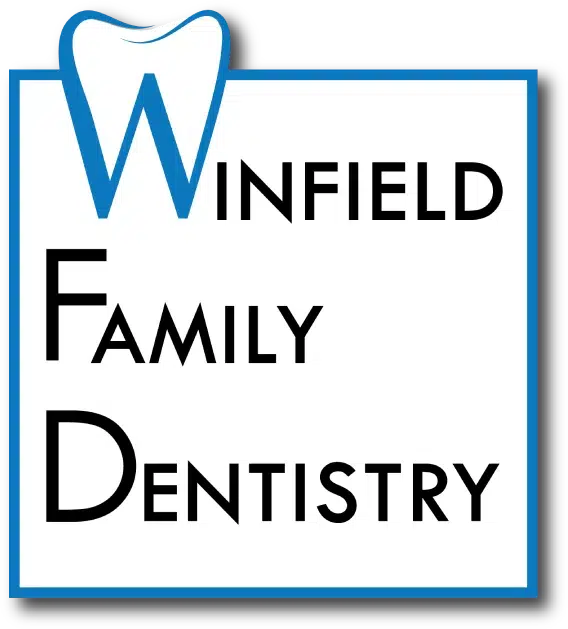Winfield, IL 60190, United States
How To Recognize Signs Of A Dental Emergency

How To Recognize Signs Of A Dental Emergency
When it comes to dental health, being able to recognize the signs of a dental emergency can make all the difference between timely intervention and potential complications. Dental emergencies can occur suddenly and unexpectedly, causing pain, discomfort, and anxiety. Knowing how to identify these emergencies and take appropriate action can help alleviate symptoms and prevent further damage to your oral health.
Understanding Dental Emergencies
A dental emergency refers to any situation that requires immediate attention from a dentist to alleviate pain, stop bleeding, or prevent further complications. While some dental issues may seem minor at first, they can escalate rapidly if left untreated. It’s essential to be proactive and seek prompt dental care when faced with a potential emergency.
Common Signs Of A Dental Emergency
- Severe Tooth Pain: Persistent or intense tooth pain can indicate underlying issues such as infection, abscess, or tooth fracture. If the pain is unbearable or accompanied by swelling, it’s crucial to seek emergency dental care.
- Broken or Knocked-Out Teeth: Accidents or trauma can result in broken or knocked-out teeth, causing severe pain and bleeding. Immediate dental intervention is necessary to save the tooth and prevent further damage to surrounding tissues.
- Persistent Bleeding: Uncontrolled bleeding from the gums or mouth can be a sign of advanced gum disease, trauma, or injury. It’s essential to apply pressure to the affected area and seek emergency dental treatment to stop the bleeding and address the underlying cause.
- Swelling or Inflammation: Swelling or inflammation in the gums, jaw, or face can indicate infection or abscess. These conditions require immediate attention to prevent the spread of infection and alleviate discomfort.
- Loose or Dislodged Fillings or Crowns: Loose or dislodged fillings or crowns can expose the underlying tooth structure to bacteria and debris, increasing the risk of decay and infection. Prompt dental care is necessary to repair or replace the restoration and protect the tooth.
What To Do In A Dental Emergency
In case of a dental emergency, here are some steps you can take to manage the situation before seeking professional help
- Stay Calm: Panicking can escalate the situation and make it harder to address the emergency. Take deep breaths and stay calm while assessing the severity of the problem.
- Control Bleeding: Apply gentle pressure to the affected area with a clean cloth or gauze to stop bleeding. Avoid excessive pressure, which can further irritate the tissues.
- Manage Pain: Over-the-counter pain relievers can help alleviate discomfort temporarily. Avoid placing aspirin directly on the gums, as it can cause chemical burns.
- Save the Tooth: If a tooth has been knocked out, handle it carefully by the crown and avoid touching the roots. Rinse it gently with water if dirty, but do not scrub or remove any attached tissue fragments. Place the tooth back in its socket if possible, or store it in milk or saliva until you can see a dentist.
Preventing Dental Emergencies
While some dental emergencies are unavoidable there are steps you can take to minimize the risk
- Maintain Good Oral Hygiene: Brushing twice a day, flossing daily, and visiting your dentist regularly can help prevent dental issues such as cavities, gum disease, and infections.
- Wear Protective Gear: If you engage in sports or activities that pose a risk of dental injury, wear a mouthguard or helmet to protect your teeth and gums.
- Avoid Bad Habits: Avoid chewing on hard objects such as ice or pens, as this can damage your teeth and increase the risk of fractures or cracks.
Recognizing the signs of a dental emergency and taking prompt action can make a significant difference in preserving your oral health and well-being. If you experience any of the symptoms mentioned above or suspect a dental emergency, don’t hesitate to contact your dentist immediately. Remember, timely intervention can prevent further complications and ensure a speedy recovery. Your smile deserves the best care, so don’t delay in seeking professional help.





